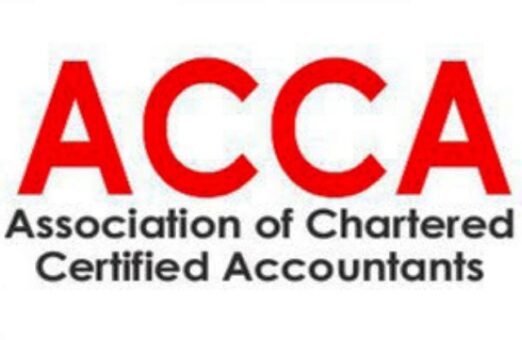KARACHI: Federal Board of Revenue (FBR) has been suggested to allow tax exemption to inter-corporate dividend for promoting group formation and consolidation and strengthen the overall corporate structure in Pakistan.
Pakistan Tax Bar Association (PTBA) – the umbrella of tax bars in the country – in its tax proposals for budget 2019/2020, said that through Finance Supplementary (Second Amendment) Act, 2019 a new clause in Part I of the Second Schedule of Income Tax Ordinance, 2001 was inserted, which with effect from 01 July 2019 exempts dividend income derived by a company, if the recipient has availed group relief under section 59B, computed according to the following formula:-
A x B/C; Where,
A is the amount of dividend;
B is the shareholding of the company receiving the dividend in the company distributing the dividends; and
C is the total ordinary share capital of the company distributing the dividend.
The PTBA said that pursuant to the provisions of clause (103A) of Part I of the Second Schedule, any income derived from inter-corporate dividend was exempt for group companies entitled to group taxation under section 59AA or group relief under section 59B.
The Finance Act, 2015 then added a condition, that such exemption would only be available if the consolidated return of the group had been filed. Subsequently, the Finance Act, 2016, excluded entities entitled to group relief under section 59B from the exemption entirely.
The above amendments created significant difficulties for corporate and industrial groups by adding multiple layers of taxation on dividends issued by group entities.
This resulted in corporate structures becoming inefficient due to multiple taxation of the same income, on mere distribution within the group, even though no value addition was taking place. This also led to substantial litigation from various groups.
Although, to cater the above problem an exemption has been introduced via the Second Supplementary Act, 2019, it is imperative to note that the newly inserted clause provides a relief only in the circumstances where the recipient of the dividend has availed group relief, i.e. loss has actually been surrendered between the two entities and even then, only to the extent of the shareholding that the parent entity has in its subsidiary. In effect, this means that:-
— since the provisions of section 59B require listing within a specified period, the relief would not be available to private groups unless they are willing to list;
— the relief would be available only to the entities actually surrendering or receiving the losses, and not all companies within the entire corporate structure;
— based on a literal interpretation, the holding company (i.e. the entity receiving the dividend) may not be able to claim the exemption if the losses under group relief are transferred from one subsidiary to another (i.e. between sister concerns);
— since a company cannot surrender its losses for more than three years, this is not an indefinite relief; and
— the benefit may practically be availed only in specific cases since a company, both receiving dividends and availing group relief in the same year, is normally only possible in structures where a holding company has several subsidiaries.
Overall, this has significantly watered-down relief compared to the demands of the corporate sector, the benefit of which may likely be availed in very few cases that may comply with all the conditions.
It is therefore recommended to exempt inter corporate dividends as it was used to be prior to the amendments brought about by the Finance Act, 2016.



